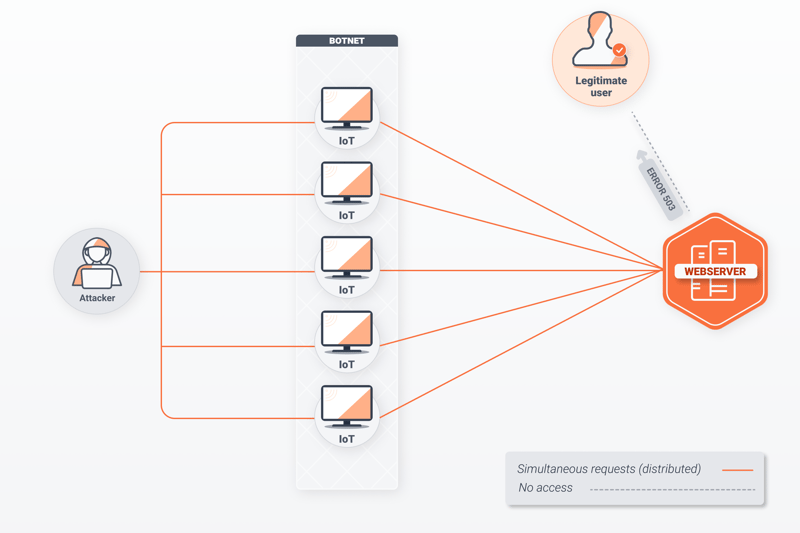AI’s Impact on Your Business: How it Can Help Your Business
The topic of artificial intelligence (AI) is one that is undergoing rapid development and has the potential to revolutionise how we live and work. There is little doubt that the benefits of AI are quite significant, and they are already having an effect on a variety of industries, including healthcare and transportation, in addition to finance and manufacturing. A new analysis by PwC estimates that artificial intelligence will add a staggering $15.7 trillion to the global economy by the year 2030. Furthermore, a survey conducted in the United States found that nearly 72 per cent of company leaders feel that AI will be the competitive edge of the future. It is a good moment to take a look at the present state of artificial intelligence (AI) and how it could impact our lives in the days ahead.
What is Artificial Intelligence?
The development of computer programs that are capable of doing activities that would typically need the intelligence of a human being is referred to as artificial intelligence (AI). These systems sift through enormous amounts of data, search for patterns, and use algorithms, statistical models, and other methods of machine learning to arrive at their conclusions and decisions. Robotics, self-driving cars, image recognition, and the processing of natural language are all examples of applications for artificial intelligence technology.
The objective of artificial intelligence (AI) is to teach computers to think, learn, and comprehend in ways that are analogous to those of humans. This will allow AI to tackle difficult problems in a manner that is superior to that of traditional computing methods. These are only a handful of the advantages that AI has. Let’s take an even more in-depth look at it, shall we?
Related: Turbocharge Your Professional Journey with the Top 10 AI Tools
What are the Benefits of AI?
1) Reduction in Human Error
By automating processes that need high precision and consistency, such data processing, quality control, and decision-making, AI may drastically minimise human error, which is one of its main advantages. Massive volumes of data are processed by AI algorithms, which also find patterns and forecast outcomes accurately without being swayed by feelings, prejudices, or exhaustion. AI frees up human workers to concentrate on more difficult and imaginative jobs that call for human talent and judgement by automating these routine chores. This increases efficiency and production while also lowering the likelihood of mistakes. In addition, AI systems may continually learn from experience and adjust depending on fresh information, enhancing performance over time and lowering mistake rates even more.
Related: 10 AI Tools That You Should Be Using In Your Business This Year
2) Takes Risks Instead of Humans
When human safety is in jeopardy, AI may be able to assume the risks in their place. Drones that are driven by AI, for instance, may carry out operations like search and rescue, monitor dangerous surroundings, and explore uncharted areas without jeopardising human lives. AI may also analyse information from several sources to find possible hazards or threats that human operators might miss, enabling quick and efficient actions. To prevent unforeseen effects or malfunctions, it is crucial to make sure AI systems are created and built with safety and ethics in mind, as well as that human monitoring and intervention are in place.
3) Available 24×7
AI systems are accessible around the clock, seven days a week, since they can work constantly without stops, vacations, or sleep. As a result, AI-powered activities and services may be used 24/7, boosting accessibility, effectiveness, and client happiness. AI-powered chatbots, for instance, may offer immediate customer support and help without the need for human workers to be on call all the time. Similar to this, monitoring and alarm systems driven by AI can continually analyse data to find abnormalities or problems that need to be fixed, enabling rapid responses and minimising downtime.
4) Helps with Repetitive Jobs
AI may assist in simplifying repetitive work by automating laborious jobs that call for little to no innovation. Robots with AI capabilities, for instance, may assemble and package goods at industrial facilities, eliminating the need for human labour to carry out these duties. Similar to how technology can automate data input, invoice processing, and other administrative activities, AI also frees up staff to concentrate on more creative and problem-solving-intensive work at higher levels. This increases effectiveness and production while reducing the possibility of human error and exhaustion.
5) Faster Results
Related: Rimac Nevera: The Electric Hypercar Revolution Unveiled
Artificial intelligence (AI) has the ability to generate speedier outcomes because it can digest enormous volumes of data and do difficult jobs at a rate that humans just cannot match. AI systems, for instance, are able to do real-time analysis of millions of data points, allowing them to spot patterns, trends, and insights that would be difficult or time-consuming for people to recognise. In a similar vein, artificial intelligence is capable of outperforming humans in calculations, simulations, and forecasts, which enables quicker decision-making and faster problem-solving. This is especially helpful in fields like banking, healthcare, and logistics, where the provision of timely and correct information is essential to the achievement of one’s goals.

